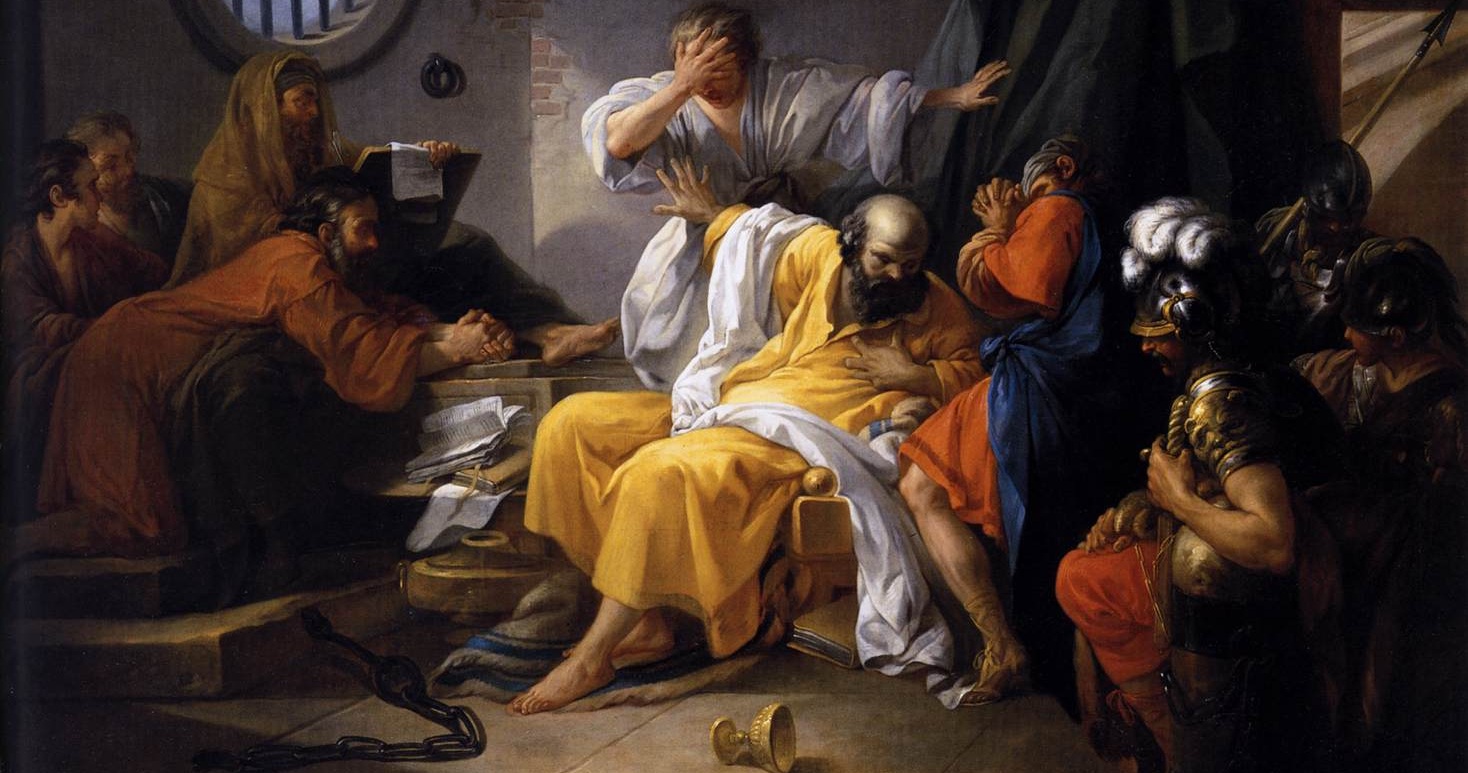
January 12, 2014, by Stephen Mumford
Losing our Minds
A further sadness about death is the loss of mind. A mind collects memories, experiences and learning. All those skills of intellect, painstakingly acquired, all those beliefs and values, all those habits and affections. They once made a person: an entirely unique individual shaped by their experiences and education; now gone into the past. They leave a trace in their words and deeds. Sometimes a physical record has been kept of them. Sometimes the trace is only in the memories of living witnesses.
The point is that it takes decades for us to nurture a mind. A just society educates and enables each new person’s mental development. They learn not just the scientific facts but we seek also to empower a mind so that it is able to continue reflecting, thinking, introspecting, throughout its whole life. So enabled, with greater age comes greater wisdom: a wisdom from which a younger generation can benefit. Our wisest minds have a power to equip others with the same knowledge, passing that power around: an obligation happily discharged.
Yet the saddest thing is that at the height of such powers, that accumulated stock of wisdom can be reduced to nothing: a frail body unable to support a strong mind. It is a loss to the world, to humanity, to civilization. Perhaps as a gift to history, our greatest minds left books: a record of their thoughts that we can savour in times yet to come. True. But sad too to think of what further books might have been written if mind were immortal.
Without mind, a body on its own means so much less to us. With none at all, to be buried or cremated: an empty container to be returned to its material elements. A person is not identical with their body. But the body is valuable because it contains, supports and is integrated with the person and their mind. So too, we should say, of the collective mind of a culture and nation. What makes us special as a group is our joint knowledge, wisdom and civilization. We should look to governments to foster its collective intellect. If it doesn’t or, worse, if it creates conditions of hostility to its brightest minds, it will quite rightly be brain drained and left as little more than an empty shell that will not be well judged by history.

excellent piece of writing
Stephen: Your reference to the “collective mind”, which many know as the “group mind” (see brainaction.com), touches on the puzzle of Karl Popper’s World 3. Where and how does the collective mind exist and grow? We can agree that World 3 exists and grows in your and my mind during life, which ends with the death of our bodies. We can agree that World 3 has a far wider existence in the collective mind by propogation through the young. If not through the young, World 3 has potential immortality in material objects such as books, at least until matter disappears into the black hole of the galaxy. Right now we need to take up the tool of science to establish how our collective minds grow World 3. Government of civilisations presents the greatest organisational achievement of the collective mind. I cannot agree that it should create conditions favourable to “our brightest minds”. That path returns us to the repeated disasters of eugenics. Genetics and rearing have a complexity that defeats attempts to foster the brightest or the most beautiful or the strongest. We have more feasible and imperative objectives for government to avoid the next hurdles to human existence such as the dangers of pollution or a nuclear holocaust.